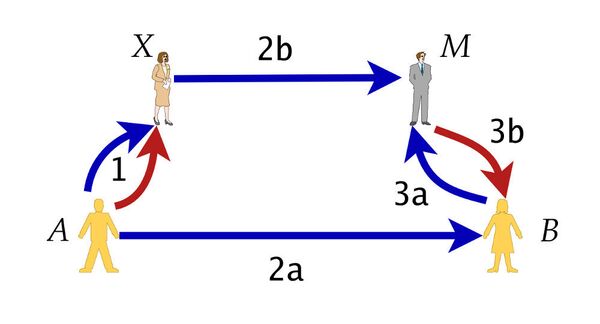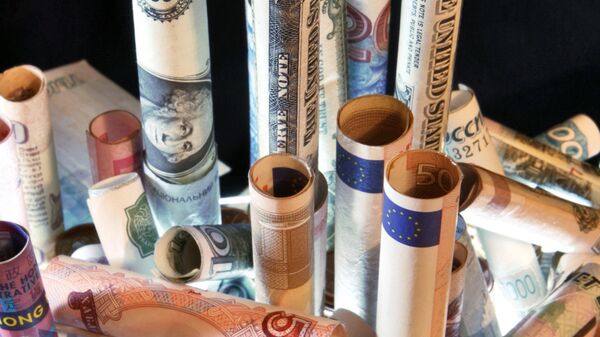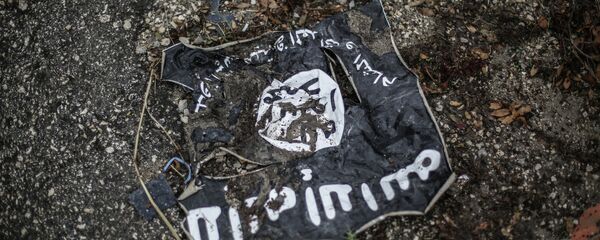Daesh originally made millions by raiding banks and selling antiquities, as well as selling oil. But in recent months, concerted action — through the UN and other international financial institutions — the flows have been stopped.
"Tackling Daesh's finances has been challenging, but as part of the global coalition, we have made important strides," Ellwood told lawmakers on the UK Foreign Affairs Sub-committee Wednesday.
"In the early stages of the campaign [18 months ago] Daesh were able to make millions of dollars from looting cities, raiding banks and extorting a large population. We saw the prospect of Daesh making millions from kidnapping and ransom, smuggling and external funding.
"But since then we have stopped Daesh's ability to expand. We have taken large portion of territory away from them and the UK has led the way in developing international best practice on kidnapping for ransom. The UK has sponsored [UN] Security Council resolutions — such as 2199 and 2253 — that have cut Daesh off from foreign funding sources and we have worked with partners to limit Daesh's ability to make money through smuggling," Ellwood said.
Daesh for Cash
However, the committee had earlier been told by David Butter, Associate Fellow at Chatham House, the London-based international policy institute that Daesh was still able to make over US$20 million-a-month out of foreign currency transactions using a system known as Hawala.
Butter said: "That works through a very sophisticated system set up by a former Ba'ath party official who was killed in November-an intelligence agent-which is using funds which were previously coming into pensioner salaries in the Mosul area and other parts of Iraq and, in particular, the Iraqi dinar funds that were taken from the banks in Mosul.
"They were siphoned out through Jordanian banks and back into Iraq through Ramadi into the Baghdad system. So when the Iraqi government does its regular foreign currency auctions, the ISIS money is inserted into that system and they can make a margin on the differences between the various exchange rates there and send it back into their areas through Hawala operatives," he told the committee of British lawmakers.
Money is commonly moved this way in the Middle East. Butter said Hawala operations and not well-regulated banking transactions and are "perhaps" slightly more important to Daesh funding than oil, because international measures — including military airstrikes — have been effective in slowing revenues from oil sales.

Butter said: "To my thinking, the biggest source of funding for [Daesh] is what was accumulated prior to 2014-the war chest from Mosul and the operations in Iraq. Those funds were derived from a wealthy state system and were circulated through the Iraqi financial system-particularly through the Central Bank of Iraq's currency auctions.
"There are financial transactions that have been investigated, but I don't think have been completely stopped, that relate to the war chest that was built up in Iraqi dinars and was then processed through into various dollar flows," he said.



